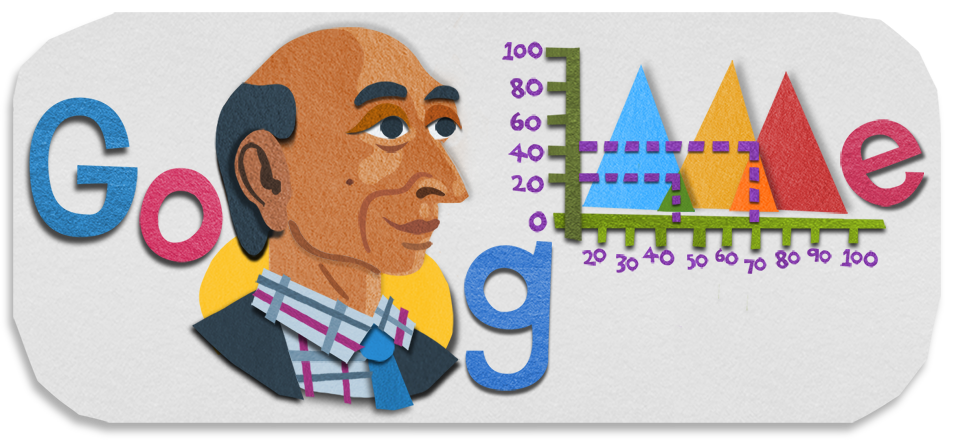Google Doodle Honors “Lotfi Zadeh”, Computer Scientist & Creator of ‘Fuzzy Logic’
Lotfi Aliasker Zadeh (February 4, 1921 – September 6, 2017) was a mathematician, computer scientist, electrical engineer, artificial intelligence researcher, and professor of computer science at the University of California, Berkeley.
Zadeh was best known for proposing fuzzy mathematics, consisting of these fuzzy-related concepts: fuzzy sets, fuzzy logic, fuzzy algorithms, fuzzy semantics, fuzzy languages, fuzzy control, fuzzy systems, fuzzy probabilities, fuzzy events, and fuzzy information.
Zadeh was a founding member of the Eurasian Academy.
Impacts to Higher Educations
Zadeh became the Chair of Department of Electrical Engineering at the University of California, Berkeley in 1963. One of the lasting impacts of his leadership in this role is the expansion and the integration of computer science. He initiated and completed (in 1968) the transformation of the Department of Electrical Engineering (EE) at UC Berkeley to the Department of Electrical Engineering and Computer Science (EECS).
This strategic move not only started the advancement of UC Berkeley into the top ranks of computer science education and research, but also led other Research I universities globally to change their EE departments to EECS.
In 1973, Lotfi Zadeh received the prestigious (Institute of Electronic and Electrical Engineers) IEEE Education Award, largely in recognition of his performance as chair of EE and then EECS. Other important services to UC Berkeley include his Academic Senate committee memberships: Academic Planning & Resource Allocation (1992-95); Committees (1969-70; 1980-81); Courses of Instruction (1975- 80); and Faculty Awards (1990-92).
Professor Zadeh graduated more than 50 PhD students, many of whom went on to become leaders across many areas of engineering, management, and the information sciences
Google Doodle Honors “Lotfi Zadeh”, Computer Scientist & Creator of ‘Fuzzy Logic’
In honour of Azerbaijan-American electrical and computer engineer Lotfi Zadeh, Google’s Doodle is today. Fuzzy Sets, a revolutionary paper that introduced the world to Zadeh’s novel mathematical framework known as “fuzzy logic,” was submitted on this day in 1964.

Lotfi Asker Zadeh was born in Baku, Azerbaijan (then a Soviet Socialist republic) on February 4, 1921, and moved to his father’s native Iran when he was just 10 years old. For his graduate studies, he travelled to the United States to study at the Massachusetts Institute of Technology. In 1949, he received a doctorate in electrical engineering from Columbia University in New York, where he taught systems theory. At the University of California, Berkeley, he produced his most famous and greatest breakthrough in 1959, when he became a professor there.
“Fuzzy Sets” was published by him in 1965, and it has since been cited more than 100,000 times by experts. Traditional logic’s hard “black and white” constraints were replaced with more ambiguous or “fuzzy” bounds that were more in line with human perceptions of reality. There are now a wide range of technology applications based on this idea, from a Japanese subway system to the anti-skid algorithms that keep automobiles safe on the road.
Azerbaijan’s government awarded Zadeh an honorary professorship in 1993 because of his polite demeanour and his ability to think critically.
So, Lotfi Zadeh, here’s a toast to you! You’ve had a massive impact on the scientific community, and it’s not at all foggy.

Be the first to comment